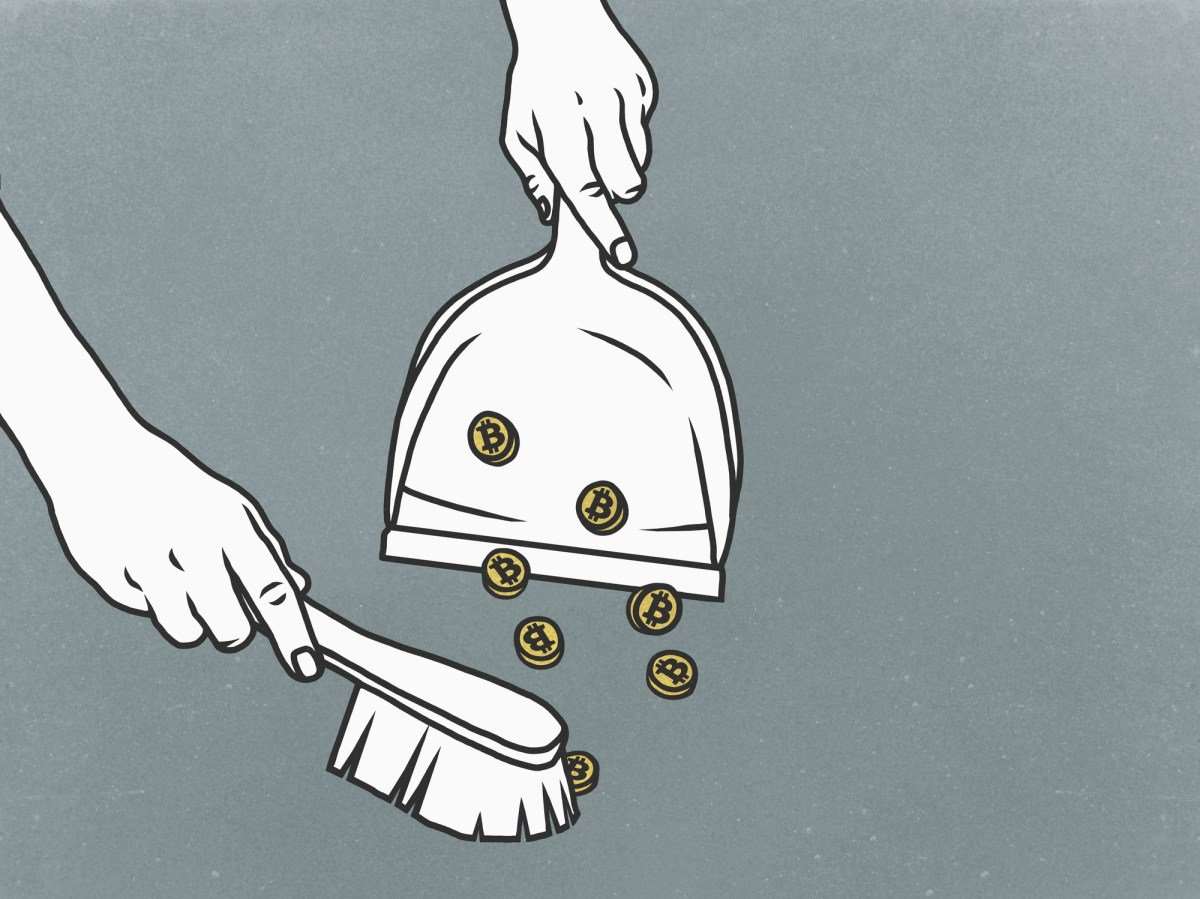Is India finished with cryptocurrency? As the SEC’s groundbreaking approval of a spot Bitcoin ETF sparks a surge in prices, the most populous nation in the world douses its crypto aspirations.
Not long ago, Indian venture capitalists were scrambling to establish their credibility in the world of crypto. Ethereum wallet addresses decorated Twitter profiles and over a dozen VC firms rushed to publish their own web3 investment theses. Some even lowered their high standards for credentials in order to hire young analysts well-versed in cryptocurrencies.
With the excitement and anticipation rising, several young partners convinced the old guard to approve investments in early-stage crypto startups with sky-high valuations of $30-100 million. Everyone wanted to find the next Flipkart or PhonePe in the rapidly growing field of digital assets. Pitch meetings were flooded with the 200th crypto exchange concept or 33rd NFT marketplace idea that month.
The enthusiasm was understandable. Cryptocurrency was making waves globally, and India’s tech scene was booming. Major US investors were convinced that India would double its GDP by 2030, and local startups had already raised over $100 billion in the past decade. Naturally, global crypto VC funds poured into India, hoping to replicate the successes of Accel, Sequoia, and Lightspeed from a decade ago.
But then, the tide quickly turned.
Cryptocurrency prices that were once “heading to the moon” suddenly plummeted towards the center of the earth. Ethereum wallet addresses disappeared from Twitter bios and firms shelved their half-written crypto thought pieces. Partners shifted their focus to other sectors, reassigning analysts to move on from digital assets.
However, the crashing prices were only half the problem in India. An equally challenging hurdle was restrictive regulation from the central bank, the Reserve Bank of India, which had long been opposed to cryptocurrencies. Despite having an earlier blanket ban overturned in court, regulators continued to equate crypto to Ponzi schemes and pressured banks to avoid any involvement with crypto startups.
Without widespread adoption of crypto, the banking restrictions made it incredibly difficult to onboard fiat currency. Even Coinbase, whose CEO Brian Armstrong celebrated their launch in India in 2022, was forced to halt trading just days later when the RBI refused to allow compatibility with the key UPI payments network.
New policies, like a 30% tax on crypto transfers and mandatory 1% TDS on virtual asset purchases, further hindered trading volumes. After processing over $43 billion worth of trades in 2021, Indian exchange WazirX’s volumes plummeted to just $1 billion last year.
Additionally, Apple delisted a dozen global crypto apps – relied on by many traders in India, due in part to their tax evasion capabilities – from its Indian App Store. This seems to be the final blow, capping off a brutal two years. The impending removal from Google Play and other platforms solidifies the journey fraught with shutdowns, pivots, and even relocation abroad for Indian crypto startups. The dreams of local entrepreneurs to revolutionize financial markets and the internet through web3 technology now seem to have hit a rocky wall of regulatory resistance.
However, some entrepreneurs are still fighting for the Indian crypto dream, pleading with New Delhi to reconsider the harsh 30% crypto tax. But the signs are clear, pointing towards a potentially dismal future. Lawmakers continue to painstakingly solidify their stance.
As a lesson to be learned from Binance, FTX, and other “crypto” companies,
“Using new technology to break the law does not make you a disruptor. It makes you a criminal.” – PM Narendra Modi
The Indian government’s approach since 2022 to discourage crypto speculation has potentially saved countless individuals from… https://t.co/9h18YAXyA4
– Rajeev Chandrasekhar 🇮🇳 (@Rajeev_GoI) November 22, 2023.








